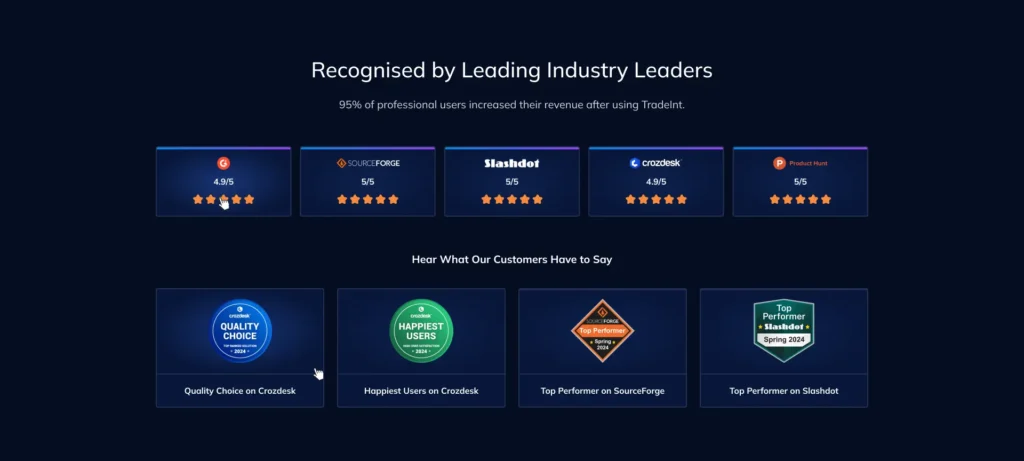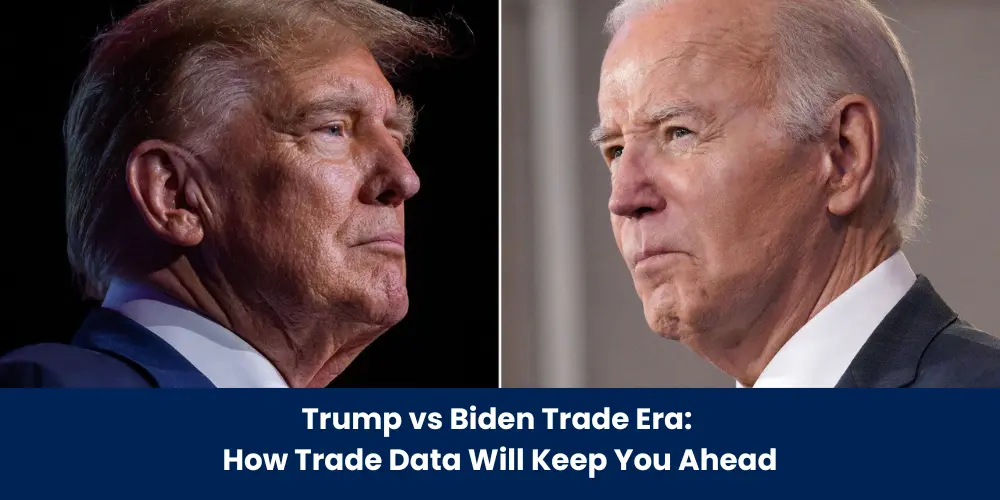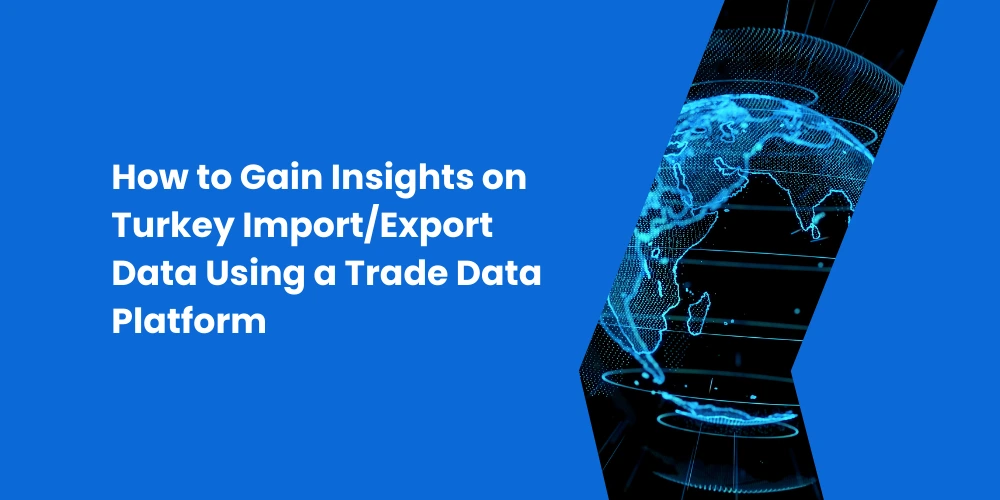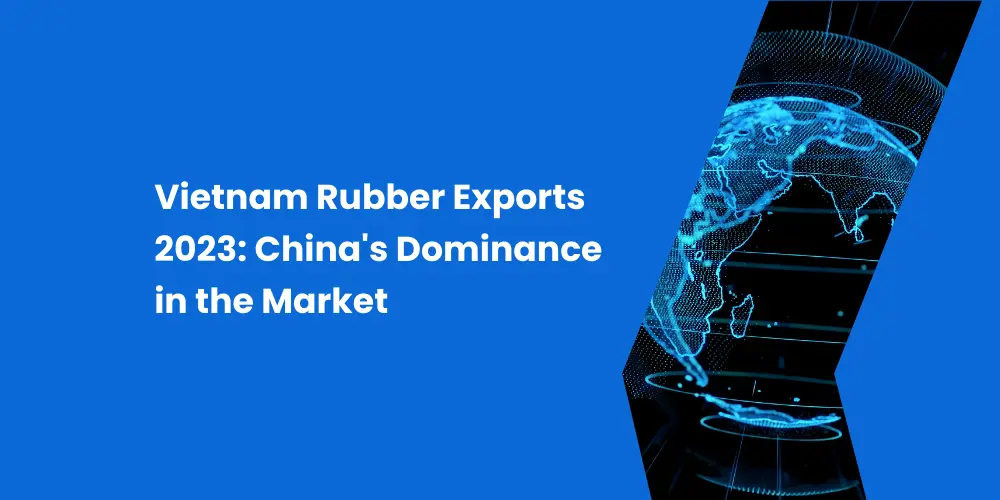Table of Contents
Introduction
Everyone has likely seen the news about the shooting of Trump yesterday. It’s almost certain he will take office in the White House in November (unless there’s another incident or Biden starts a war). What impact will his presidency have on foreign trade professionals? This is something to plan for in advance.
Do you think foreign trade will be more difficult before or after the pandemic ends (especially trade with Europe and the United States)? In other words, will it be more challenging under Trump or Biden?
I believe many will agree that the Biden period has been more difficult.
Why?
Get Ready for the Trump Trade Era
Trump’s approach to China involved a trade war and drastically increasing tariffs. Last month, he even suggested increasing tariffs to 60% if he takes office. Initially, this move worried Chinese manufacturing companies, and within six months, China dropped from being the largest importer to falling behind Mexico and Canada. However, it was soon discovered that products exported from Mexico and Canada to the U.S. were still originally from China, re-exported to avoid high tariffs. Once this loophole was found, the U.S.-China trade deficit soared and never fell again. Moreover, the repatriation of manufacturing largely failed. The American Chamber of Commerce stated, “Domestic steel mill products in the U.S. are all garbage. Only products made in China offer both price and craftsmanship.”
Understanding the Biden Administration’s Trade Tactics
How Trump’s Policies Will Impact Foreign Trade
Originally, the “hypoglycemia” days might have lasted long, but if Trump returns to the White House, good days will come for many foreign trade professionals.
Trump will likely pursue isolationist and conservative national policies: withdrawing from various international organizations, issuing bonds and lowering interest rates, and implementing high tariffs.
Withdrawing from organizations will make other countries no longer follow America’s lead, deciding their China policies independently. Issuing bonds and lowering interest rates will reactivate global market liquidity, perhaps bringing back old European customers who haven’t ordered for a long time. High tariffs will suppress China’s exports to the U.S. in the short term, but in the long run, China will find suitable re-export countries. The last trade war showed that the U.S. bore the brunt of the tariff burden.
While we can be optimistic, we must also guard against bigger black swan events. The Biden team won’t sit still. Will there be another attack? Will they start a war to establish a wartime government and avoid stepping down? Will they launch new financial warfare tactics in their final months? Will Trump change tactics and start a financial war once in power? These are all scenarios global trade professionals must prepare for.
Strategies for Navigating the New Trade Landscape
1. To prevent black swan events, strengthen your ability to develop new markets like the Belt and Road Initiative. Even a small local customer can be the seed of a towering tree, helping you understand current market demands and develop more competitive products.
2. Redevelop traditional markets like Europe and the U.S., even if customers may or may not place orders now. Write in your development letter after checking the customer’s background: “I know you may not have purchase demand now, but please save this email. When you do, I’ll be the fastest and best supplier. That day will come soon.”
3. Keep an eye on customs data from the Americas and ASEAN countries. If you see a sudden surge in exports of your products to the U.S. from these countries, it might indicate a transshipment country evading taxes. You can open a branch there or develop a local company to transship to the U.S.
4. Foreign trade professionals in low-end manual processing industries should move final processing overseas (Vietnam, Cambodia, etc.). Produce raw materials with technology and export them to these countries. China’s exports to ASEAN are rising largely due to this. If you don’t adapt, the good days might pass you by.
Actionable Insights: What Foreign Trade Professionals Need to Do Now
1. TradeInt’s customs data update includes valuable Belt and Road Initiative data. Search your product, investigate, and develop each company in the results.
2. Europe and America have large markets, but not every company purchases from China. TradeInt’s market insight function can screen out precise customers, something no other software or search method can do.
3. The customs data update also includes over a dozen exclusive data analysis and monitoring functions. You can see which countries’ data have changed with just one search.
4. To decide what product to sell, use TradeInt’s market insight function for top HS analysis of various products and countries updated last month. Identify the most popular products in emerging markets and consider trying them. Choice is often more important than hard work.
Conclusion: Staying Ahead in an Uncertain Future
While the future is uncertain, having the right data and tools is essential. TradeInt offers the best customs data and market insights to help you navigate the shifting landscape. Despite the potential challenges, being prepared and proactive will keep you ahead of the competition.
In these times of change, TradeInt is here to provide you with unmatched trade insights, ensuring your business thrives no matter what the future holds.
To paraphrase Trump’s closing remarks during the debate:
“Let me tell you something important. We need top-notch foreign trade development software in the market, even just one. If we had that, we wouldn’t have to pour huge amounts of money and work overtime to handle different functions. We could do foreign trade efficiently, travel, and enjoy our lives. But we’re stuck because the current foreign trade software doesn’t get it. They’re pushing the wrong ideas, like sending mass messages and relying on AI for everything. It’s a disaster. Foreign trade professionals who follow this bad advice will struggle more and more, not knowing which skills to focus on or which software to trust.”
Experience a TradeInt Demo now!

Explore our reviews on reputable review sites such as G2, SourceForge, Slashdot, Crozdesk, and Product Hunt:
– G2: https://www.g2.com/products/tradeint/reviews
– SourceForge: https://sourceforge.net/software/product/TradeInt/
– Slashdot: https://slashdot.org/software/p/TradeInt/
– Crozdesk: https://crozdesk.com/software/tradeint
– Product Hunt: https://www.producthunt.com/products/tradeint
We are honored to have received prestigious accolades, including the Quality Choice and Happiest Users awards from Crozdesk, as well as recognition as a Top Performer on SourceForge and Slashdot.
About Trade Intelligence Global Pte. Ltd.
Trade Intelligence Global Pte. Ltd. is a distinguished leader in global trade solutions, delivering exceptional results for businesses worldwide. With a focus on excellence, innovation, and client success, Trade Intelligence Global empowers businesses to thrive in today’s interconnected global economy. To find out more, visit https://tradeint.com.
FAQ
Trump might implement policies such as tax incentives for companies that relocate manufacturing back to the U.S., increased tariffs on imported goods, stricter trade regulations, and subsidies for domestic manufacturers to make U.S.-based production more competitive.
European countries have had mixed responses to Biden’s financial tactics. Some have aligned more closely with the U.S. in terms of limiting economic ties with China, while others have sought to maintain balanced relations. The EU has also been negotiating its trade agreements independently, sometimes seeking to diversify away from reliance on both the U.S. and China.
China has implemented capital controls to prevent excessive outflows of money, supported domestic real estate companies through financial stimulus, and encouraged the development of domestic markets to absorb real estate investments. They have also been stabilizing the yuan to maintain investor confidence.
If Trump withdraws from international organizations, it could lead to a more fragmented global trade system, where countries may seek to form bilateral agreements independently. This could increase uncertainty and complexity in international trade, potentially leading to a decline in multilateral cooperation and disputes resolution.
Foreign trade professionals can use hedging strategies such as forward contracts and options to lock in exchange rates, diversify their markets to reduce dependence on any single currency, and establish pricing agreements with clients that account for potential currency fluctuations.
Potential black swan events include sudden geopolitical conflicts, unexpected economic sanctions, drastic changes in trade policies, major financial market disruptions, or significant cyber-attacks on critical trade infrastructure.
The Belt and Road Initiative (BRI) has been somewhat effective in opening new markets and diversifying China’s trade partners. By investing in infrastructure and developing closer trade ties with countries in Asia, Africa, and Europe, China has managed to offset some losses from U.S. tariffs, though challenges remain in ensuring these markets can fully compensate for reduced access to the U.S. market.
If Trump lowers interest rates and issues bonds, Biden’s administration might respond by using legislative measures to counteract these moves, such as tightening financial regulations or pursuing alternative economic policies to stabilize markets. Additionally, they could leverage international alliances to pressure against such economic strategies.
Sectors most vulnerable include technology and electronics (due to reliance on Chinese manufacturing), agriculture (particularly soybean and pork exports), automotive (due to global supply chains), and consumer goods (which face tariffs and supply chain disruptions).
Trade professionals can identify emerging markets by analyzing trade data, monitoring economic growth indicators, participating in international trade fairs, engaging with trade organizations, and leveraging trade intelligence platforms like TradeInt for market insights and customer identification. Developing local partnerships and staying informed about regional trade agreements and policies are also crucial.



